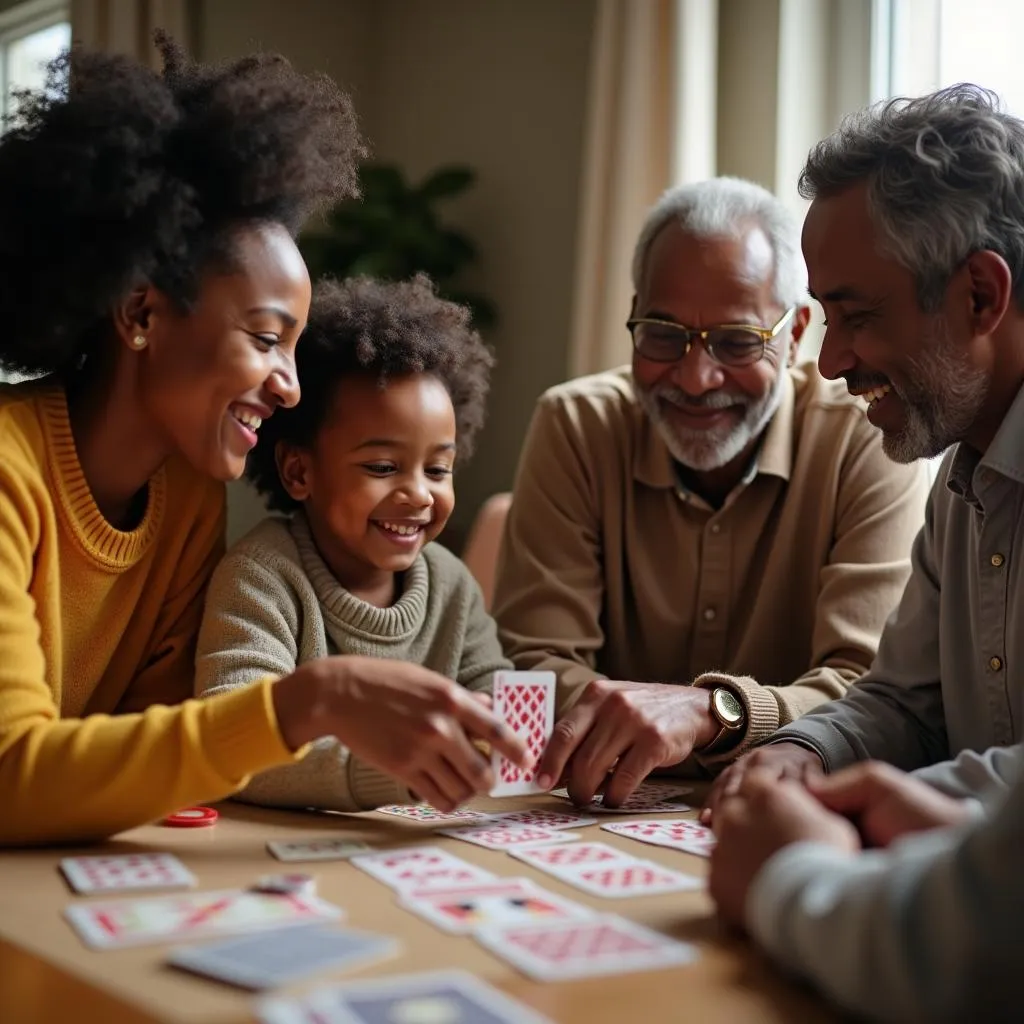Understanding “African Attacks” in Melbourne: Separating Fact from Fiction
The phrase “African Attacks Melbourne” has unfortunately become a loaded term, often used to perpetuate harmful stereotypes and fuel racial tensions. While it’s true that Melbourne, like any other major city, experiences crime, attributing it to a specific ethnicity is misleading and dangerous. This article aims to unpack the complexities surrounding this issue, separating fact from fiction and promoting understanding over prejudice.
The Danger of Generalizations: Why “African Attacks” is a Misnomer
Labeling any crime wave as “African attacks” ignores the diversity of Melbourne’s population and the multitude of factors contributing to crime. Africa is a vast continent with 54 countries, each with its own unique cultures, languages, and histories. To paint an entire continent with a single brushstroke based on the actions of a few is not only inaccurate but also fuels harmful stereotypes that can lead to discrimination and prejudice against individuals of African descent.
Examining Crime Statistics: A Look at the Numbers
Accurate data is crucial to understanding the reality of crime in Melbourne. While it’s important to acknowledge that crime statistics should always be interpreted with caution and context, a nuanced look at the numbers reveals a more complex picture than the one often painted by sensationalized headlines. Attributing crime to a specific ethnicity is not only statistically inaccurate but also ignores the socio-economic factors that contribute to crime across all demographics.
Addressing the Root Causes: Beyond Ethnicity and Stereotypes
It’s crucial to delve deeper into the underlying issues that contribute to crime, rather than resorting to simplistic explanations based on ethnicity. Socioeconomic factors such as poverty, lack of access to education and employment opportunities, and social exclusion play a significant role in shaping crime rates.
Building Bridges, Not Walls: Fostering Inclusivity and Understanding
Combating prejudice and discrimination requires a multi-pronged approach that focuses on education, empathy, and open dialogue.
- Promoting Intercultural Understanding: Encouraging interactions between people from diverse backgrounds helps break down stereotypes and fosters a sense of community.
- Media Literacy: Being critical consumers of media and challenging biased reporting is essential to prevent the spread of misinformation and harmful stereotypes.
- Supporting Community Initiatives: Engaging with organizations working to empower marginalized communities and promote social cohesion plays a vital role in creating a more just and equitable society.
Moving Forward: A Shared Responsibility
Creating a safer and more inclusive Melbourne is a shared responsibility that requires collective effort. By challenging stereotypes, promoting understanding, and addressing the root causes of crime, we can work towards a future where individuals are judged by their character, not their ethnicity.
Remember, it’s our shared responsibility to challenge prejudice and discrimination wherever we encounter it. Let’s work together to build a Melbourne that embraces diversity and treats all its residents with respect and dignity.

